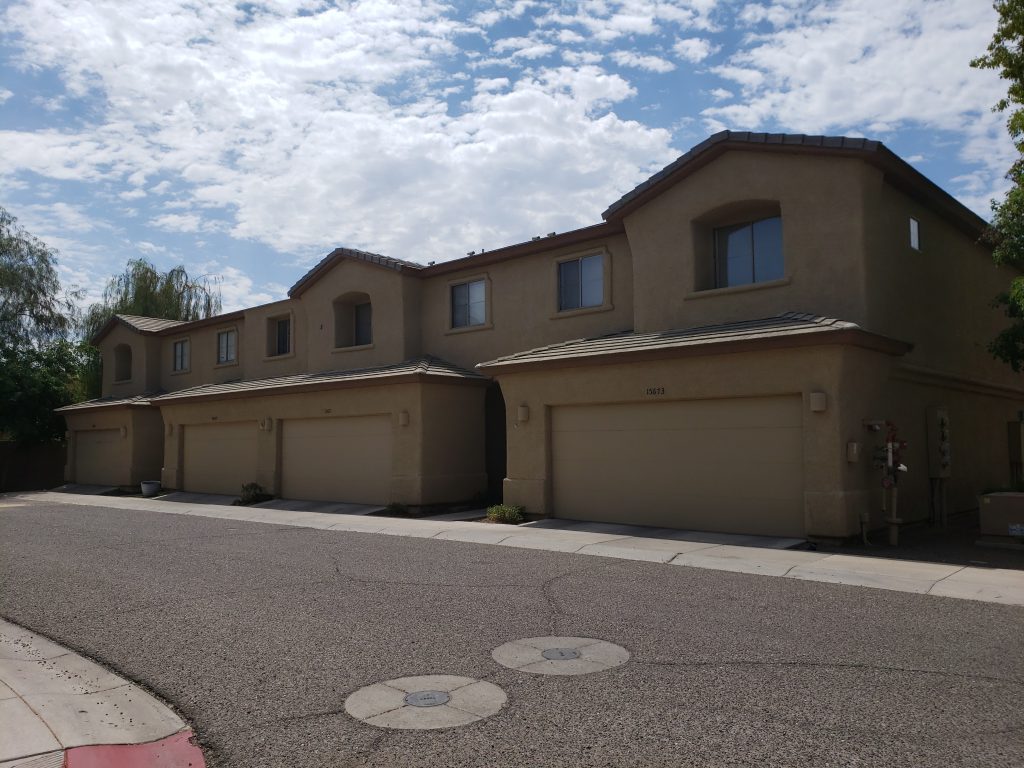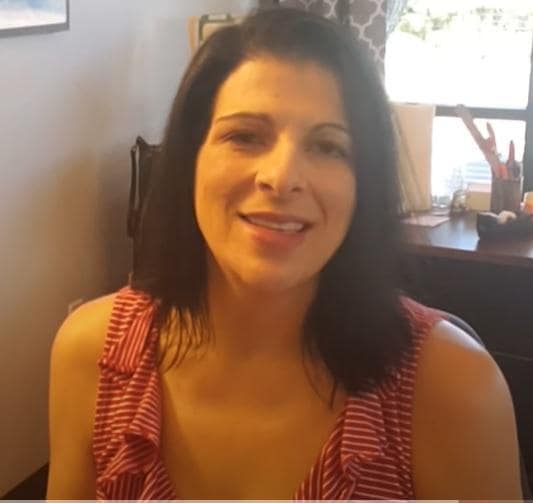 Phoenix Condo Community Currently Under Homeowner Association Management[/caption] The Phoenix metro area has many planned community developments. Most of the developments have Homeowner Associations more commonly referred to as HOA's in Phoenix. The HOA's were created to keep uniformity within the neighborhood and are comprised of a board which consists of home owner's who volunteer and are then elected. Unfortunately however HOA's can be costly and in this post we will look at 6 typical costs. The first cost is the regular assessment which is collected usually annually or monthly. The regular assessment typically pays for "routine" services such as management fees, landscaping maintenance if needed, pest control services etc. Assessments can range from $30 to several hundred dollars depending on the type of community and what is needed. Typically condominium and town home communities have higher regular assessments because their routine expenses include insurance, roof maintenance & regular pest control to name a few. The second cost is a transfer fee. This fee is paid by the new buyer of a property in an HOA community. The transfer fee covers the expense of transitioning activities and paperwork from the seller to the buyer. This is a one time fee and is between $100 - $400 depending on the HOA. The third cost is a disclosure fee which in Arizona must be paid by the seller. This fee covers the cost of the seller providing the buyer with the HOA's governing documents, so that the buyer has full disclosure. The document package typically includes the communities CC&R's, Bylaws and current financials and is the most important part of the transfer process. The fourth possible cost is a capital improvement fee. HOAs in Phoenix usually have a capital improvement fee of one quarter of one percent of the sales price. Repairs or improvements to the common area comes from this fee. The fifth possible cost is prepaid dues. These are monthly or quarterly dues that are collected up front at closing for future months of dues. Usually 1-2 months are collected. Finally the sixth possible cost is a special assessment. Special assessments are for unforeseen expenses such as a new roof for a condo community. Typically special assessments are due in the year they are levied unless the HOA offers payment plans. There is a long standing debate regarding the positives and negatives of homeowner associations. Those in favor think that they help to maintain the community in good condition by enforcing uniform standards. Others find them to be intrusive and unnecessary. One thing is for sure; if you are purchasing in a community with an HOA be sure to carefully review the CC&R's to be sure there isn't a rule that you can't live by. Also, double check the financials to make sure the HOA is financially healthy. For information on our HOA management services (full and financial only) please visit us here. If you are new to an HOA community the following website offers helpful newsletters.
Phoenix Condo Community Currently Under Homeowner Association Management[/caption] The Phoenix metro area has many planned community developments. Most of the developments have Homeowner Associations more commonly referred to as HOA's in Phoenix. The HOA's were created to keep uniformity within the neighborhood and are comprised of a board which consists of home owner's who volunteer and are then elected. Unfortunately however HOA's can be costly and in this post we will look at 6 typical costs. The first cost is the regular assessment which is collected usually annually or monthly. The regular assessment typically pays for "routine" services such as management fees, landscaping maintenance if needed, pest control services etc. Assessments can range from $30 to several hundred dollars depending on the type of community and what is needed. Typically condominium and town home communities have higher regular assessments because their routine expenses include insurance, roof maintenance & regular pest control to name a few. The second cost is a transfer fee. This fee is paid by the new buyer of a property in an HOA community. The transfer fee covers the expense of transitioning activities and paperwork from the seller to the buyer. This is a one time fee and is between $100 - $400 depending on the HOA. The third cost is a disclosure fee which in Arizona must be paid by the seller. This fee covers the cost of the seller providing the buyer with the HOA's governing documents, so that the buyer has full disclosure. The document package typically includes the communities CC&R's, Bylaws and current financials and is the most important part of the transfer process. The fourth possible cost is a capital improvement fee. HOAs in Phoenix usually have a capital improvement fee of one quarter of one percent of the sales price. Repairs or improvements to the common area comes from this fee. The fifth possible cost is prepaid dues. These are monthly or quarterly dues that are collected up front at closing for future months of dues. Usually 1-2 months are collected. Finally the sixth possible cost is a special assessment. Special assessments are for unforeseen expenses such as a new roof for a condo community. Typically special assessments are due in the year they are levied unless the HOA offers payment plans. There is a long standing debate regarding the positives and negatives of homeowner associations. Those in favor think that they help to maintain the community in good condition by enforcing uniform standards. Others find them to be intrusive and unnecessary. One thing is for sure; if you are purchasing in a community with an HOA be sure to carefully review the CC&R's to be sure there isn't a rule that you can't live by. Also, double check the financials to make sure the HOA is financially healthy. For information on our HOA management services (full and financial only) please visit us here. If you are new to an HOA community the following website offers helpful newsletters.

By Lisa Borchard Sunday, September 8, 2019

